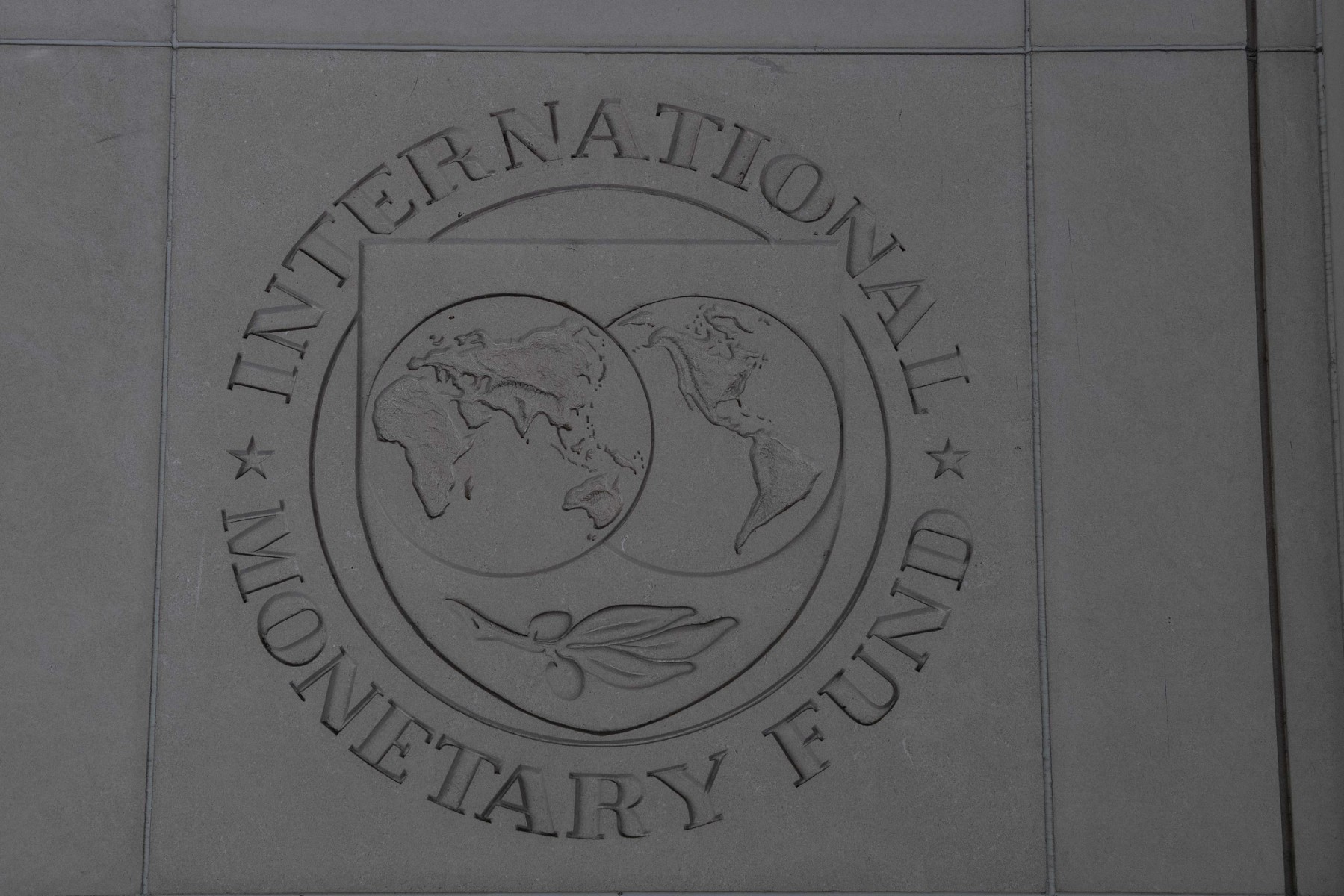Washington, United States – The IMF’s executive board approved an immediate disbursement of around $700 million for Pakistan Thursday as part of a program to support the cash-strapped South Asian country through an economic crisis.
The funds were unlocked after the International Monetary Fund board approved the first review of a nine-month, $3 billion loan agreement reached in July 2023 to help Pakistan weather a balance-of-payments crisis and service crippling external debt.
Thursday’s disbursement brings the total released under the agreement to around $1.9 billion, the Fund confirmed in a statement.
Pakistan’s advancement under the program “has supported significant progress in stabilizing the economy following significant shocks,” IMF Deputy Managing Director Antoinette Sayeh said, according to the statement.
“There are now tentative signs of activity picking-up and external pressures easing,” she said, adding that “continued strong ownership remains critical to ensure the current momentum continues and stabilization of Pakistan’s economy becomes entrenched.”
The IMF said that macroeconomic conditions in Pakistan had “generally improved” since the program was implemented, and predicted economic growth of two percent this year.
The fiscal position has been strengthened, with foreign reserves increasing and a “broadly stable” exchange rate, it added.
Despite the progress cited by the IMF, consumer inflation in Pakistan remains elevated, rising by 29.7 percent in the year to December, according to the country’s statistics bureau.
In its statement, the IMF said inflation could decline to an annual rate of 18.5 percent by the middle of this year, so long as policy was “appropriately tight.”








